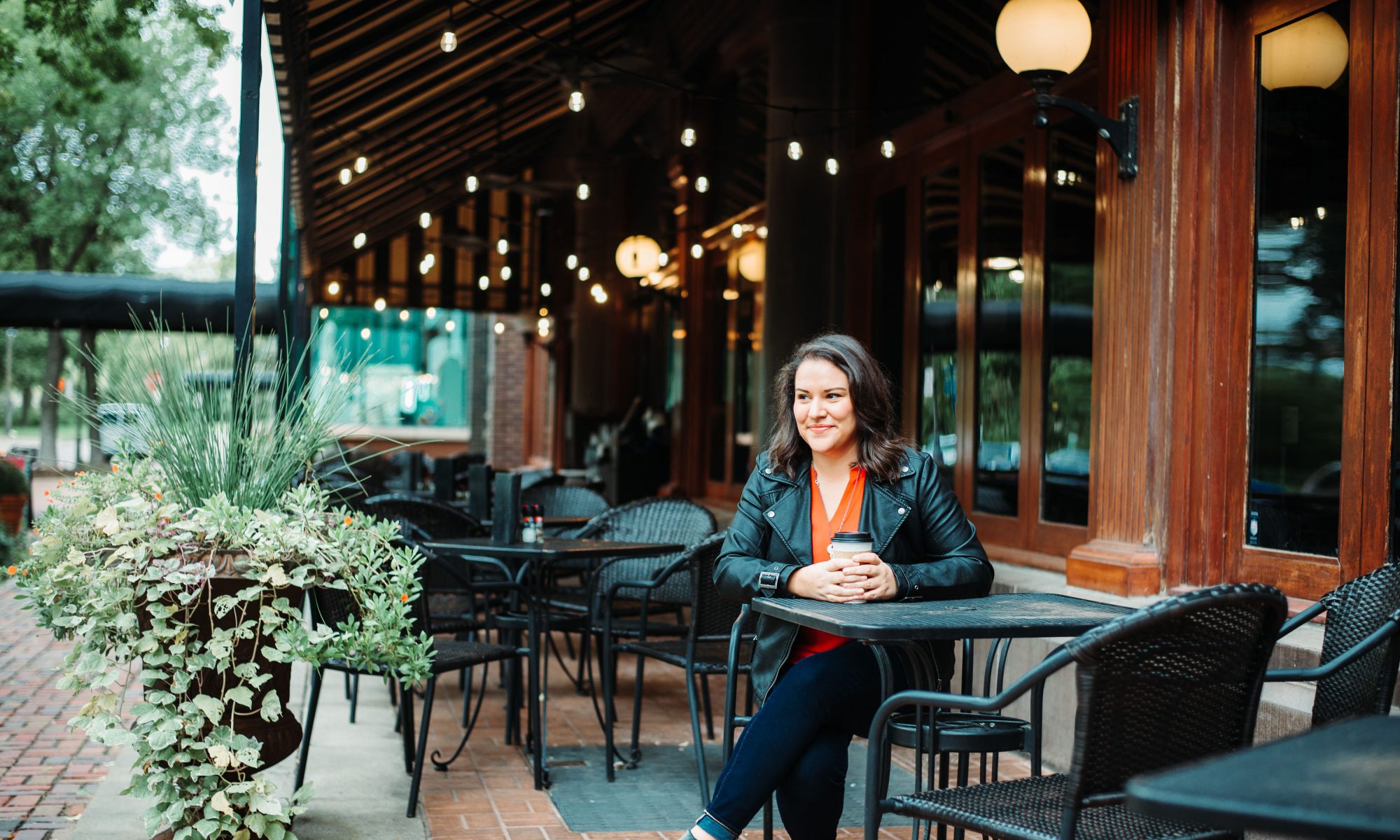I recently heard someone describe privilege as the ability to walk away. It struck a chord in me the moment I heard it. Because when I’m honest with myself, it’s a feeling I’ve had before – you can walk away from this conversation if it gets too hard or too real for you. When people look at me, when they interact with me, most people see what they want to see. Sometimes that means they think I’m just like them and sometimes that means I’m nothing like them.
Let me clarify, because you’re reading this and not seeing me, I’m biracial. My mom is Caucasian and my dad was Hispanic. We moved from CO to NJ when I was three, far away from my extended family on both sides. So all of my early childhood that I can remember was spent in North Eastern New Jersey. Looking back at the demographics (according to the census), my town was approximately 13,000 and 91% of the population identified themselves as white.
My parents never really talked about the fact that they were an interracial couple. If it was ever difficult for them, I didn’t know about it. I never thought we were that different from the run of the mill families that surrounded us. I was just your average kid.
Until one day when I wasn’t.
I remember we were playing at a friend’s house. I must have been about 8. We were out in the front yard and a pick-up truck drove by. In the bed of the pick-up truck were a group of Mexican American men. One of my friends stopped playing, spit on the ground next to her and muttered, “Dirty Mexicans.”
It sent shock waves through my whole body. I watched the truck drive away and thought about my dad. I thought about my grandma. I thought about my aunts and uncles.
I didn’t say anything. Looking back on it now, I’m sure she had no idea what she was saying. She must have just been repeating something she’d heard and I am almost certain that she wasn’t thinking about my dad or my family.
I don’t recall ever telling my parents that story. It wasn’t something we talked about. I don’t even think in that moment I could have named what changed in me but it was the first moment that I realized something was different. That a part of me was somehow less than the rest of these girls.
It began the journey of a segmented life for me. Because we were far away from any extended family and because we didn’t talk about where either of my parents came from, I never really wrestled with this identity. I was simply drawn to others around me that didn’t quite fit this classic mold that was being praised by TV shows and magazines.
From that moment on there are countless moments where I felt that same feeling I had felt in my friend’s front yard. I have had to wrestle to become comfortable inside my own skin. To love the things that are so oddly distinct to my biracial make-up.
I recently was talking to a friend and I made a comment about how most people look at me and think I’m white. His response to me was, “it’s because they aren’t looking hard enough.”
And it’s true. Most of the time when I’m interacting with white people they see what they want to see – my lighter skin. It’s given me the privilege to walk away when I didn’t want to engage and to hide behind the majority culture surrounding me.
But it’s also shown me the ugly side of privilege. I’ve had comments made to me and around me that were nothing short of racist. It has felt obtrusively oppressive.
In my early years of identity work, I could walk away from these conversations with my true self still hidden. Almost like a mole, I was able to take in the information without being found out. But I did not leave those conversations unscathed. It started this narrative of white supremacy in my life –
That one half of me was better than the other half.
The thing with lies is that when they creep into your brain, they tend to repeat themselves over and over again. The beauty of living in community and knowing the saving grace of Jesus is that those lies don’t have to win.
What wins is that I was made new by a creative God. That my biracial make up was no mistake. I’m biracial because God created me biracial. As I walk this line between oppression and privilege, I get to decide how my voice is going to be used and how my story will be told.

Pastor / Teacher / Speaker / Spiritual Guide